Pakistan Installs Country’s First Urban Rainwater Harvesting System
The project will be used to recharge local aquifers and provide clean drinking water.
Pakistan’s first urban rainwater harvesting system has been installed in the capital city Islamabad, the Daily Times reports.
The collection tanks at the Faisal Mosque complex were funded by the city’s Capital Development Authority, and will provide clean drinking water while recharging the local water table for the city’s nearly 1 million residents.
Known as the Pilot Rainwater Harvesting Project, the initiative was developed in collaboration with the United Nations Development Program and the Pakistan Council of Research for Water Resources.
The CDA hopes to increase the number of rainwater harvesting systems in the capital. Meanwhile Islamabad’s building code has been amended to include design specifications for buildings with a footprint that is greater than 400 square yards, according to a press release from CDA chairman Imtiaz Inayat Elahi.
Rainwater harvesting projects are already in use in the eastern Thar and Cholistan deserts along the Indian border. Few rivers flow year-round in these areas, requiring residents to store water from the rainy season for use during the dry months.
One project in the Sindh Province coordinated by the Thardeep Rural Development Program, a local NGO, uses several methods to collect rainwater.
“At the moment, we have three types of projects, which include rain water harvesting at household levels, also known as cisterns or tankas,” Jhuman Lalchandani, the project manager, told IRIN.
“At hamlet level, ponds are used for saving water for the community, and at the village level we have delay action dams. Also, in low-lying areas, flood protection walls not only save houses from getting flooded but also allow for water to pool up and be used for other purposes,” Lalchandani said.
Across the border, rainwater harvesting in India is increasingly popular. In 18 of the country’s 28 states it is mandatory to include collection systems in new buildings. Cities such as Mumbai and Bangalore are using the small-scale technology to endure water shortages.
Source: Daily Times, IRIN

Brett writes about agriculture, energy, infrastructure, and the politics and economics of water in the United States. He also writes the Federal Water Tap, Circle of Blue’s weekly digest of U.S. government water news. He is the winner of two Society of Environmental Journalists reporting awards, one of the top honors in American environmental journalism: first place for explanatory reporting for a series on septic system pollution in the United States(2016) and third place for beat reporting in a small market (2014). He received the Sierra Club’s Distinguished Service Award in 2018. Brett lives in Seattle, where he hikes the mountains and bakes pies. Contact Brett Walton

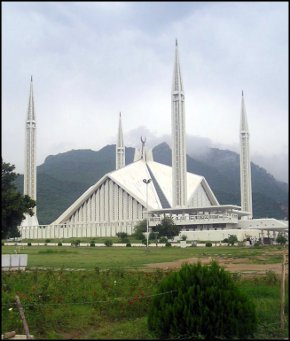

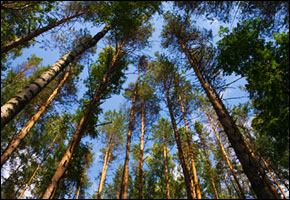
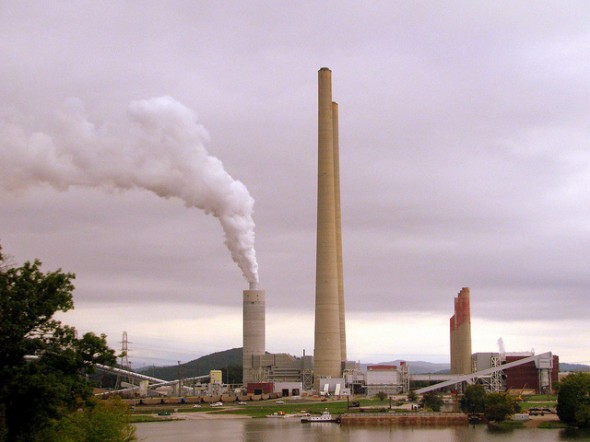
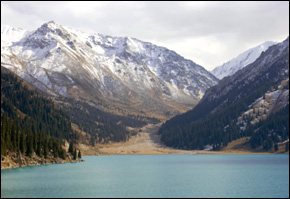


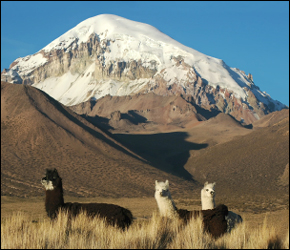

It is a welcome decision by the CDA to uinitiate rainwater harvesting in Islamabad. Islamabad recieves an average of more than 1000 mm of annual rainfall, the highest compared to other cities in Pakistan. However, still the residenets face water shortages in general and only couple of hours public water supply in particular. Huge parks (F-9 park) have been recently constructed but without providing rainwater harvesting ponds, which will not only recharge the groundwater but also home for aquatic life and beautiful scenry for public. The only effort needed is to design the land scape to harvest and channel rainwater to the pond.
It is suggested that the rainwater harvesting facilities should be incorporated in the existing as well as future parks, sectors, residential and commercial centres and roads to use the this highly abundant natural resoiurce for economic and environmental uses. Thanks
Better than never. CDA has woken from slumber to venture into rain water harvesting??.thanks God! The practice is in vogue in numerous driest parts of the world, where people (governments) have the vision to look beyond foreseeable future. Take the example of next door Rajasthan (India), where the desert is tamed and its negative effects are turned to the benefits of poor masses. The Water Harvesting Techniques have under gone radical transformation. See what a small village community has done in Chungugo, Chile. The have harnessed Fog to convert useable water on self-help bases.
My only fear is that next government (whoso ever may be) may not reverse it as we don?t act but react and most of our reactions are based on whims rather than the logic.